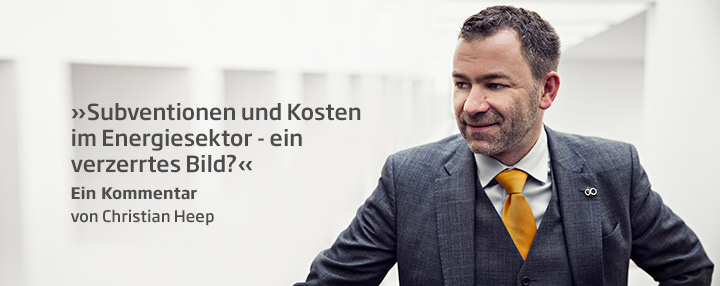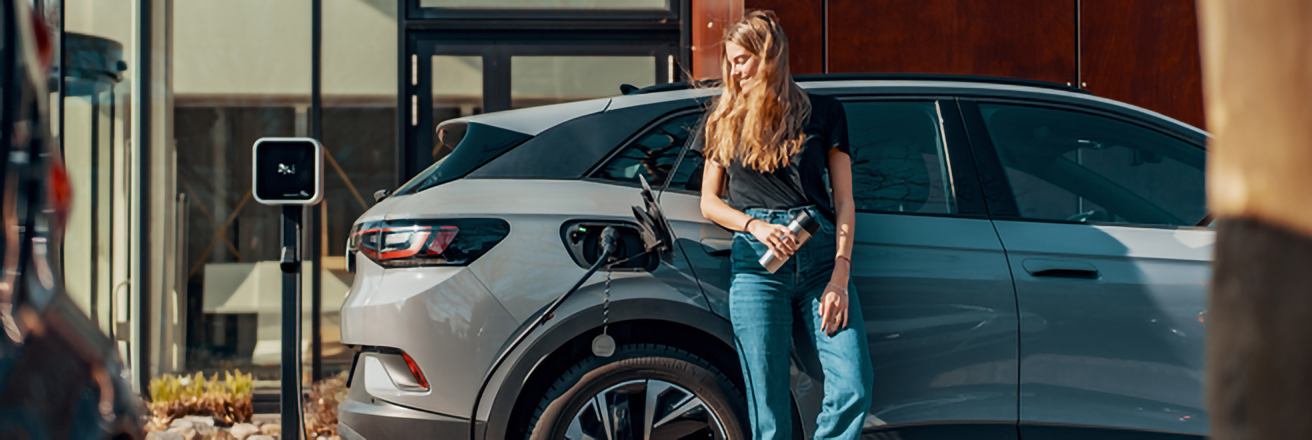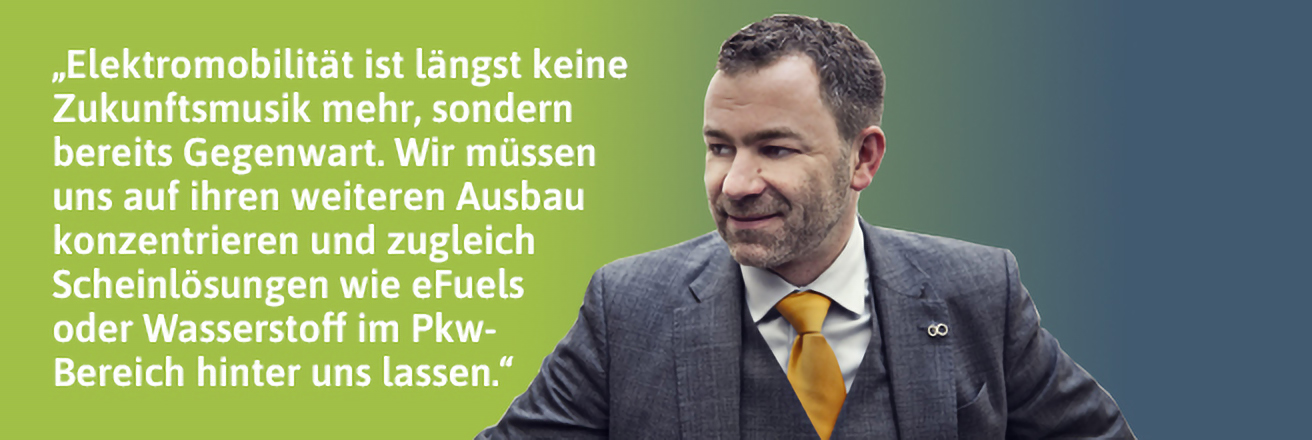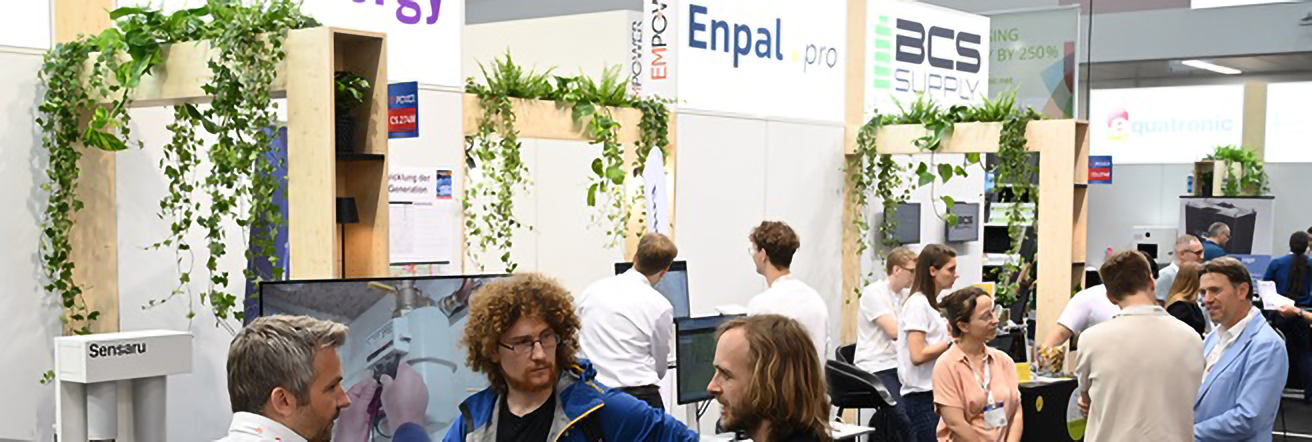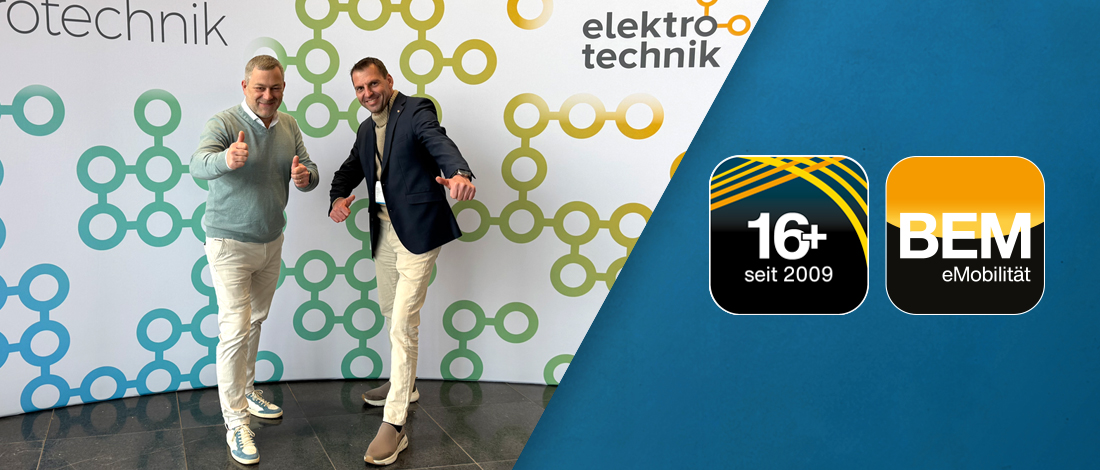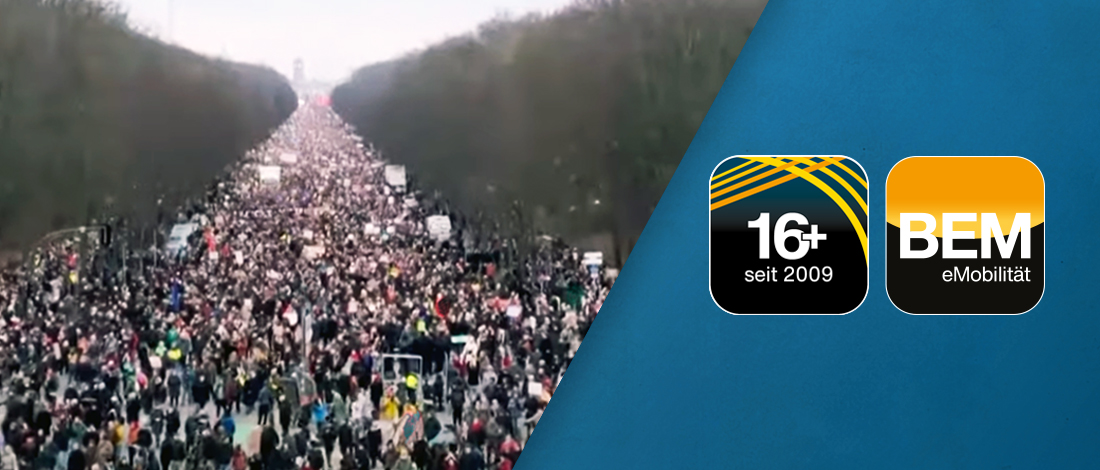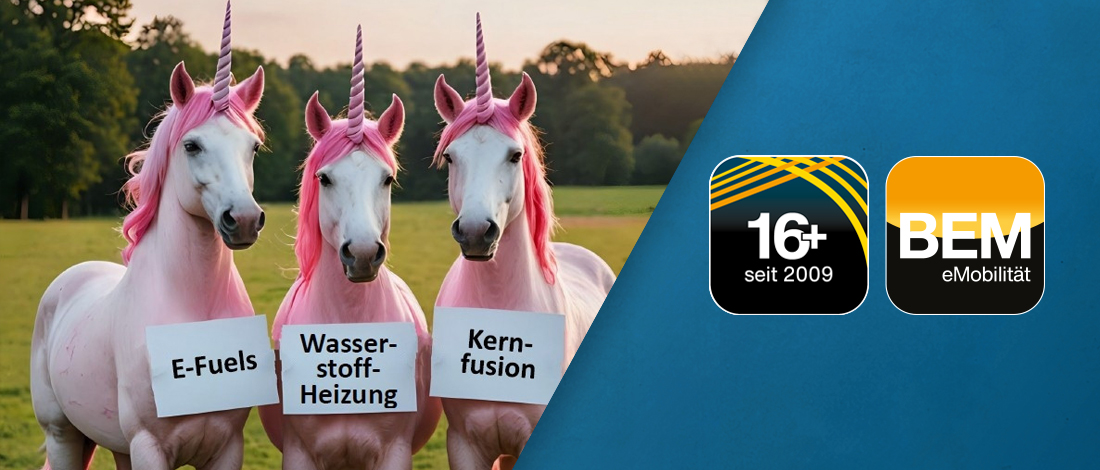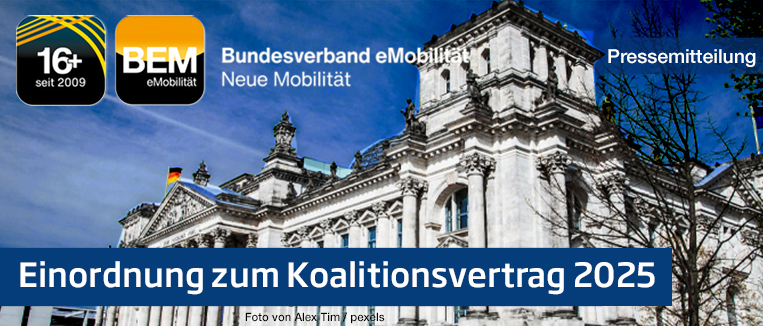
Coalition agreement 2025: Bundesverband eMobilität sees light and shade for new mobility
See you there
Questions & answers about electric cars
Download here.
BEM-Newsletter & -Sonder-Newsletter (German)
Heads of the industry

The Bundesverband eMobilität e.V. – abbreviated to BEM – is a young association. It was founded in 2009 with the aim of promoting and establishing alternative drive systems. While electric vehicles were already being used in the USA at that time – in motorcross, camping and individual mobility – Germany was still paying out scrappage bonuses to keep the domestic automotive industry and the combustion engine alive. Corporate leaders and strategists did not want to initiate a turnaround; neither for the established structures, because of tens of thousands of jobs, considerable tax revenue and the lack of realisation that old earning models should be questioned.
That was in 2009, so it was not an easy time to start up. But they did exist – the enthusiasts who converted conventional vehicles and developed vehicles of a new era. Individual engineers, digital developers and mechanical engineers defied the persistence of big industry and overcame their initial loneliness to put mobility on a sustainable footing.
A lot has happened since then – in terms of public awareness, understanding of the right way to treat our environment and also the range of technical solutions for low-emission mobility solutions. There is now even political support for industrial and social change towards greater ecological compatibility.
You can experience the association up close if you become a member. Then you can immerse yourself in the specialised work, in networking with other companies and in the flow of change for a new mobility based on renewable energy.

